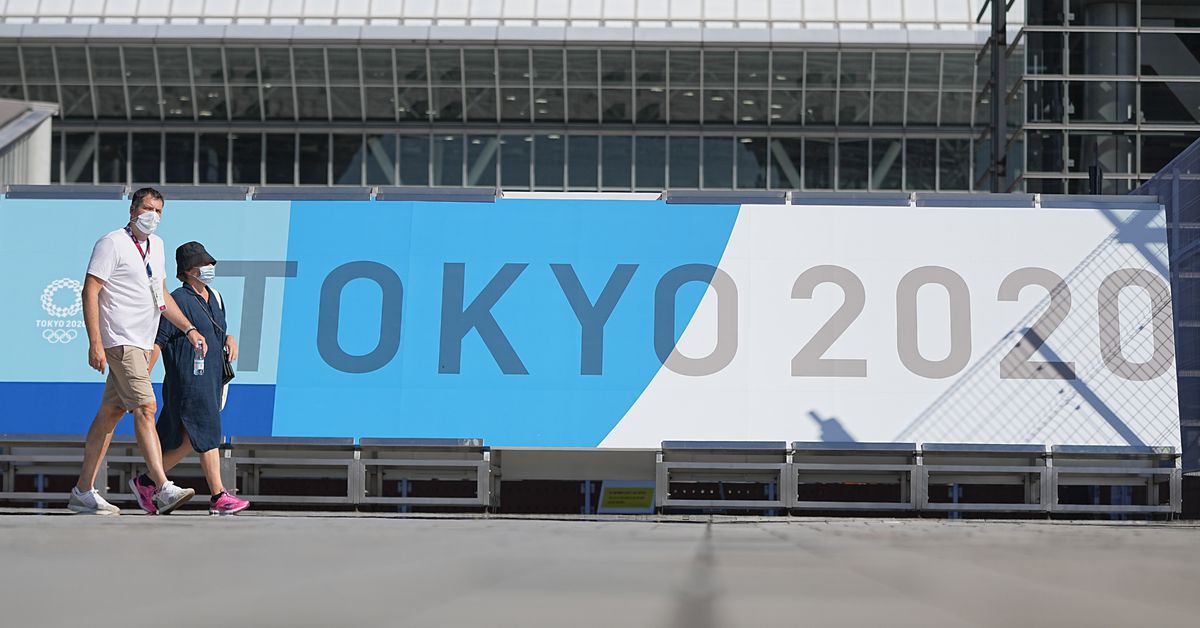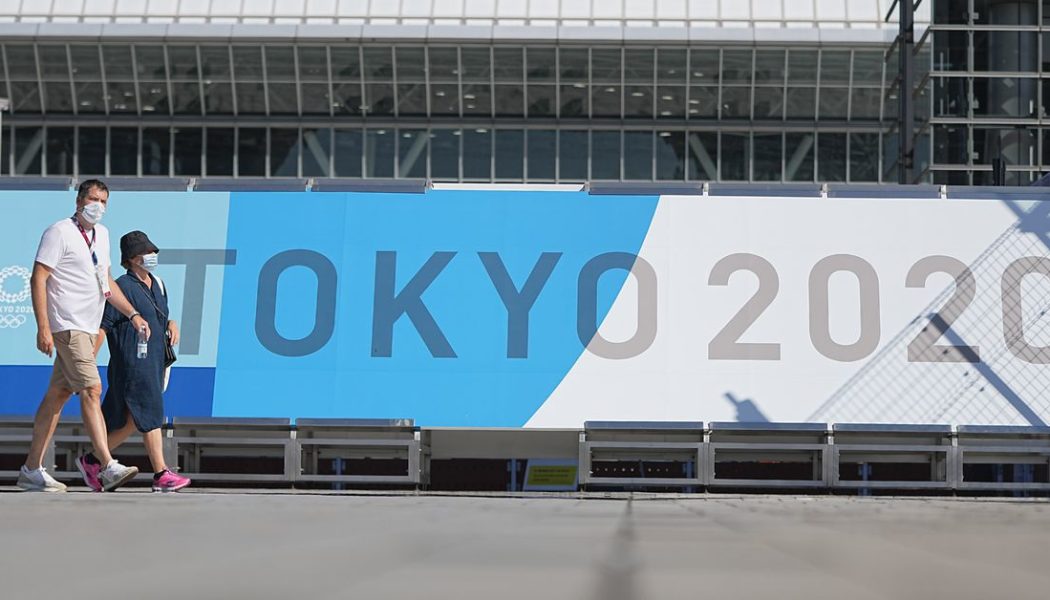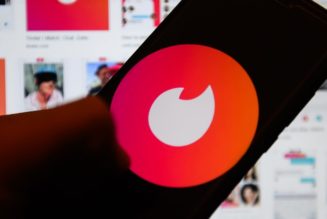
Olympic athletes in Tokyo continue to test positive for COVID-19 by the dozens, the United States gymnastics team left the Olympic Village for a hotel in an attempt to avoid the virus, and the chief of the games’ organizing committee said there could still be a last-minute cancellation. Still, the head of the World Health Organization said Wednesday that the Tokyo Olympics could “inspire” and “bring the world together.”
“It is my sincere hope the Tokyo Games succeed,” said WHO director-general Tedros Adhanom Ghebreyesus on Wednesday. He said it was impossible to expect zero cases of COVID-19, and that the most important thing would be to isolate people, contact trace, and stop the virus from spreading.
“Beyond competition, medals & records, the #Tokyo2020 Games bring the nations of the together in celebration of sport, health, excellence, friendship & respect. But ultimately, they are a celebration of something that our needs now, more than ever: “-@DrTedros
— World Health Organization (WHO) (@WHO) July 21, 2021
His optimism around the games stands in contrast to the Japanese medical community, which has called for the Olympics to be canceled. COVID-19 cases are rising in Japan, and only around a third of medical providers are vaccinated. The games offer a chance for the virus to spread and are a risk to the health of the athletes and people in the community. Still, it’s a risk the WHO seems to think is reasonable to take, even as Ghebreyesus said that governments should commit to public health measures in the face of rising case counts. “If we throw caution to the wind, it will blow back in our faces,” he also said Wednesday.
The WHO has a close relationship with the International Olympic Committee that stretches back decades. The two groups signed their first memorandum of understanding in 1984. They reaffirmed that partnership in a 2010 memorandum focused on promoting healthy lifestyles, and signed another in 2020.
Experts worried about the relationship ahead of the 2016 Rio de Janeiro Olympics, which were held as the Zika virus — which the WHO called a Public Health Emergency of International Concern — spread through Brazil. A group of physicians called for the games to be moved or rescheduled and said in an open letter that they did not feel the WHO was appropriately assessing the risks of the virus. “We are concerned that WHO is rejecting these alternatives because of a conflict of interest,” the letter read.
The WHO’s support of the Tokyo Olympics also creates the appearance of conflict, wrote MacIntosh Ross, an assistant professor of sports management at Western University in Canada, in The Conversation. The stakes of holding the games during a pandemic are high for people in Japan, but the IOC stands to benefit financially if they go ahead, he wrote — and lose billions if they don’t. It’s disconcerting to have even the suggestion that the WHO’s concerns aren’t first with the community in Tokyo. Yet, Ross adds: “When the IOC and WHO support a global mega-event held during a pandemic, it’s difficult to believe that the well-being of the host nation remains a priority.”










